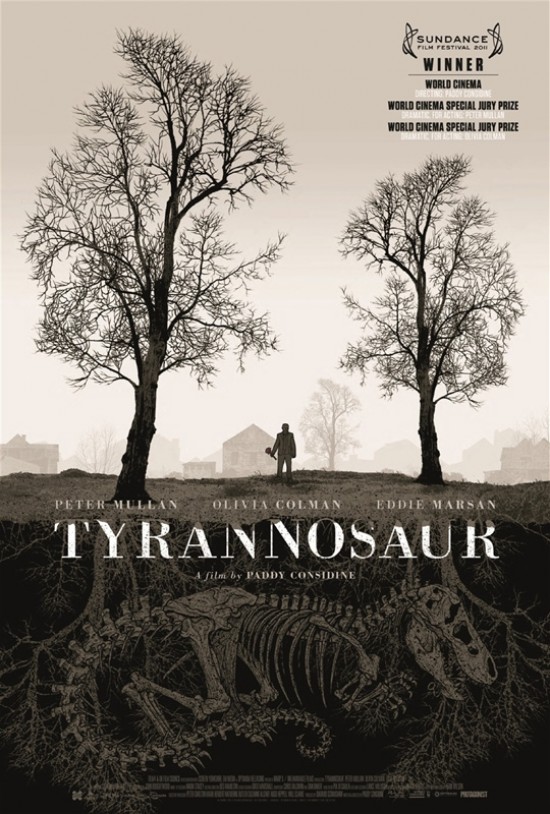by Gordon

Directed by: Michel Gondry
Released: 2004
Rating: R [language, some drug and sexual content]
Runtime: 108 min.
Main Cast: Jim Carrey, Kate Winslet, Elijah Wood, Kirsten Dunst, Tom Wilkinson, Mark Ruffalo
Rotten Tomatoes: 93% IMDB: 8.5/10

I hesitate to admit, but it took a second viewing and a whole six years’ time following the release of 2004’s Eternal Sunshine of the Spotless Mind to know, to really know, that it’s a brilliant movie. Brilliance in this case isn’t just a resulting grade equaling the combination of its parts. It’s a defining descriptor of the parts themselves: the direction, the acting, the story, the soundtrack, and most notably and importantly, the overall artful, reflective quality of every layer therin.
Teaming up with Charlie Kaufman (bizarrely perceptive writer of such similarly mind-confounding films like Being John Malkovich, Adaptation, and Synecdoche, New York), director Michel Gondry does another impressive job of exploring the unseen, unheard, and untapped psyche of the mind, in this case as it relates to a failed romance between Joel (Jim Carrey) and Clementine (Kate Winslet), in a story where the material proves both powerfully imagined and realistic throughout.
Before the relationship goes awry, we see it first take a hopeful shape that originates in a chance meeting between the two on the Long Island train. Though Joel comes off as withdrawn and uncomfortable, Clementine, though equally dysfunctional, wears her free spirit on her sleeve, which spurs the two into an unlikely relationship that we all route for silently.
Yet in one of the most cleverly-imagined ironies to appear on page or in film, we discover that the pair are former lovers at the time of this no-longer-first chance meeting. Clementine, who became unhappy with the relationship, had hired a somewhat mysterious firm that specializes in memory erasure to rid her life of the memory of Joel, and after finding out, Joel had done the same. As we relive these events mostly through Joel’s eyes, we experience, with him, the pangs of regret and inner torture that accompany the absence of Clementine in his thoughts. As he relives past walks, conversations, arguments, etc. with Clementine, the past becomes distorted, bits of information deteriorating all around him, all ingeniously visualized by Gondry. Faces become blurred, streets lead nowhere, a car falls from the sky.
Subplots then evolve between certain employees of the memory erasure firm, one involving Patrick (Elijah Wood) who begins to date Clementine after viewing Joel’s memories, subsequently copying all the things that seemed to work between Joel and her.
But the pressing backbone of the film remains the psychology of the romance between Joel and Clementine, a couple that might as well be any other in our own lives. If we could simply blot out a soiled relationship, like a stain on the fabric of our past, would we choose to forget? And, equally thought-provoking, how far would we be willing to go with them if we met them again, knowing we’d erased them in the past? In one scene, Joel pleads, “It would be different if we could just give it another go-around.” Clementine answers, “Remember me. Try your best. Maybe we can.”













